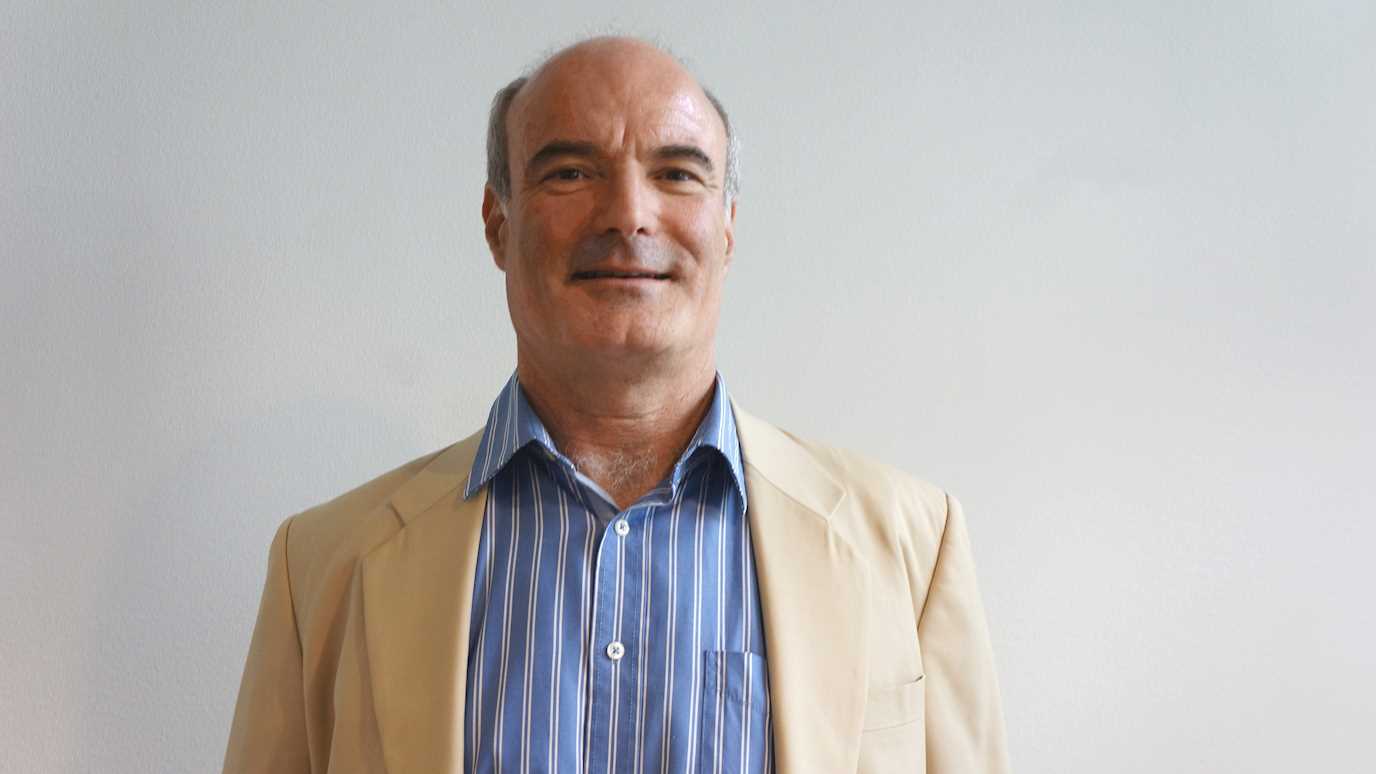Researchers at Royal Holloway have been awarded support from UK Research and Innovation (UKRI) to use the most recent developments in quantum technologies to help solve some of the greatest mysteries in fundamental physics.

In 2020, UKRI brought together two research councils, the Science and Technology Facilities Council (STFC) and Engineering and Physical Sciences Research Council (EPSRC), to develop the Quantum Technologies for Fundamental Physics (QTFP) programme.
This overall project intends to transform the approach of understanding the universe and aims to benefit from cutting-edge development in quantum technologies to advance the understanding of fundamental physics questions around dark matter and black holes.
Royal Holloway is playing an active role in the QTFP programme leading on the ‘Quantum Enhanced Superfluid Technologies for Dark Matter and Cosmology (Quest-DMC) project’, and partnering with the University of Nottingham and University of Sheffield on two others.
The first project, led by Dr Andrew Casey at Royal Holloway, will see the team develop new quantum sensors to address two fundamental questions in cosmology - what is the nature of dark matter and how early did the universe evolve.
By combining a macroscopic quantum system, superfluid helium-3 (3He), with state-of-the-art quantum technologies, the team will pioneer a new dark matter search experiment with unprecedented discovery potential.
In parallel, the team will use the unique properties of superfluid 3He as a quantum simulator of phase transitions in the early universe.
Bringing together partners from Lancaster University, and the universities of Oxford and Sussex, this project is forging a new consortium of investigators working at the forefront of experimental research in direct dark matter detection and ultra-low temperature physics, with fantastic theoretical support in Astroparticle physics and Cosmology.
Dr Andrew Casey explained: “The QTFP programme has provided us with a fantastic opportunity to tackle some of the key questions at the frontiers of Cosmology by bringing together a team combining experts in Quantum Technology, experimental ultralow temperature physics, dark matter detection, high performance computing and theorists working beyond the standard mode.”
Another project that Royal Holloway academics are involved in is the ‘Quantum Simulators for Fundamental Physics (QSimFP) project’, led by University of Nottingham, of which Royal Holloway’s Dr Xavier Rojas is the principal investigator at the university, enabling the team to develop quantum simulators capable of providing insights into the physics of the very early universe and black holes that cannot be tested in the laboratory.
The dynamics of the early universe and black holes involves processes for which gravitational interactions are strong, and quantum effects are important, a situation for which there is currently no satisfying existing theory.
Collecting experimental data to study these systems is out of reach, and theoretical predictions are based on major extrapolations. To provide experimental verifications of theoretical ideas, the QSimFP team will develop and employ a range of analogue quantum simulators based on ultra-cold atoms, superfluid helium-4 (4He), and non-linear optical fibres platforms.
Dr Xavier Rojas said: “I am very excited to start applying our research in superfluid optomechanics and quantum fluid sensing to some of the most interesting questions in fundamental physics.”
The third project is the Quantum Sensors for the Hidden Sector (QSHS) project, led by the University of Sheffield.
Royal Holloway’s Professor Phil Meeson is the principal investigator for Royal Holloway, with his team contributing to the search for axions, low-mass ‘hidden’ particles that are candidates to solve the mystery of dark matter.
The team will develop ultra-low-noise quantum electronics to underpin the search for these hitherto undetected particles.
Professor Phil Meeson, Director of Superfab at Royal Holloway added: “We are very excited to be part of the Quantum Sensors for the Hidden Sector project.
“Royal Holloway and UKRI have recently invested heavily in SuperFab, a world-class nanofabrication facility dedicated to the creation of superconducting quantum devices and technology.
“Our related projects to design and create quantum limited microwave amplifiers form part of our research into superconducting quantum computing and the UK’s National Quantum Technology programme, this work now strongly underpins the development of the novel quantum limited detectors needed in this new project.”
























